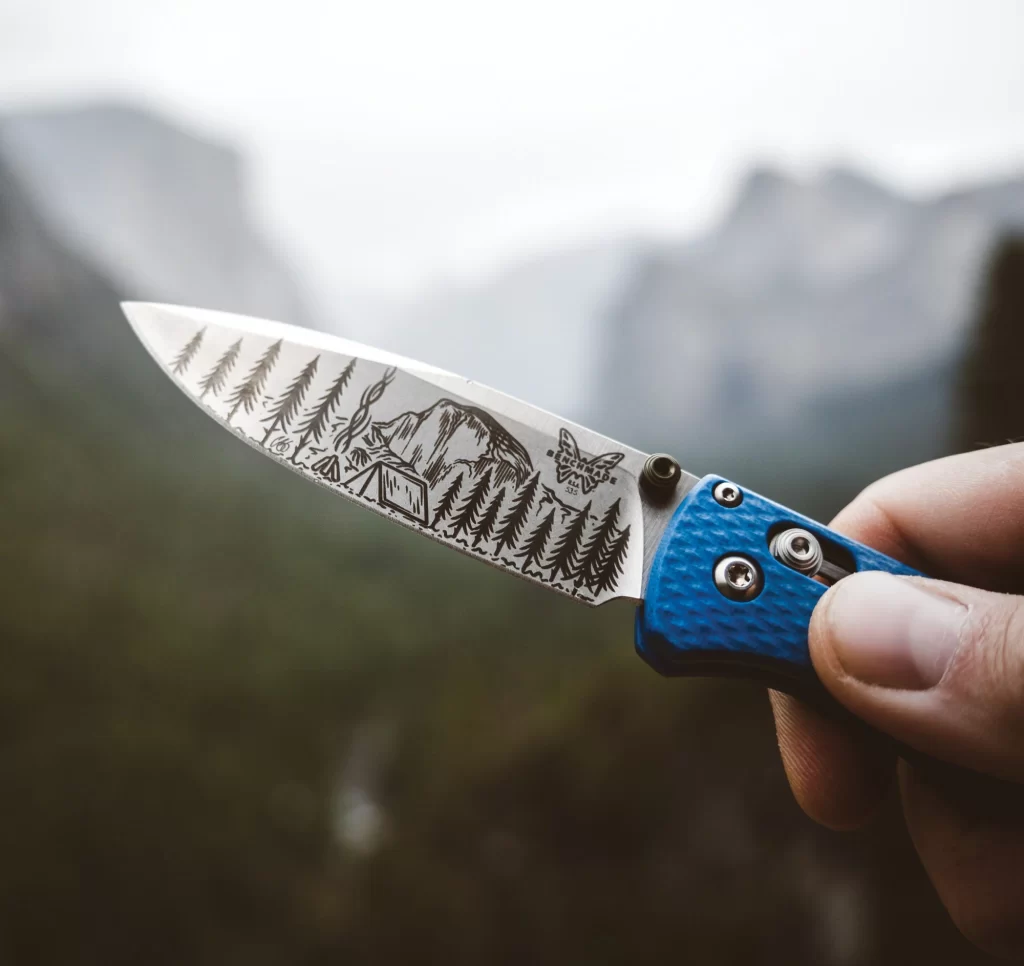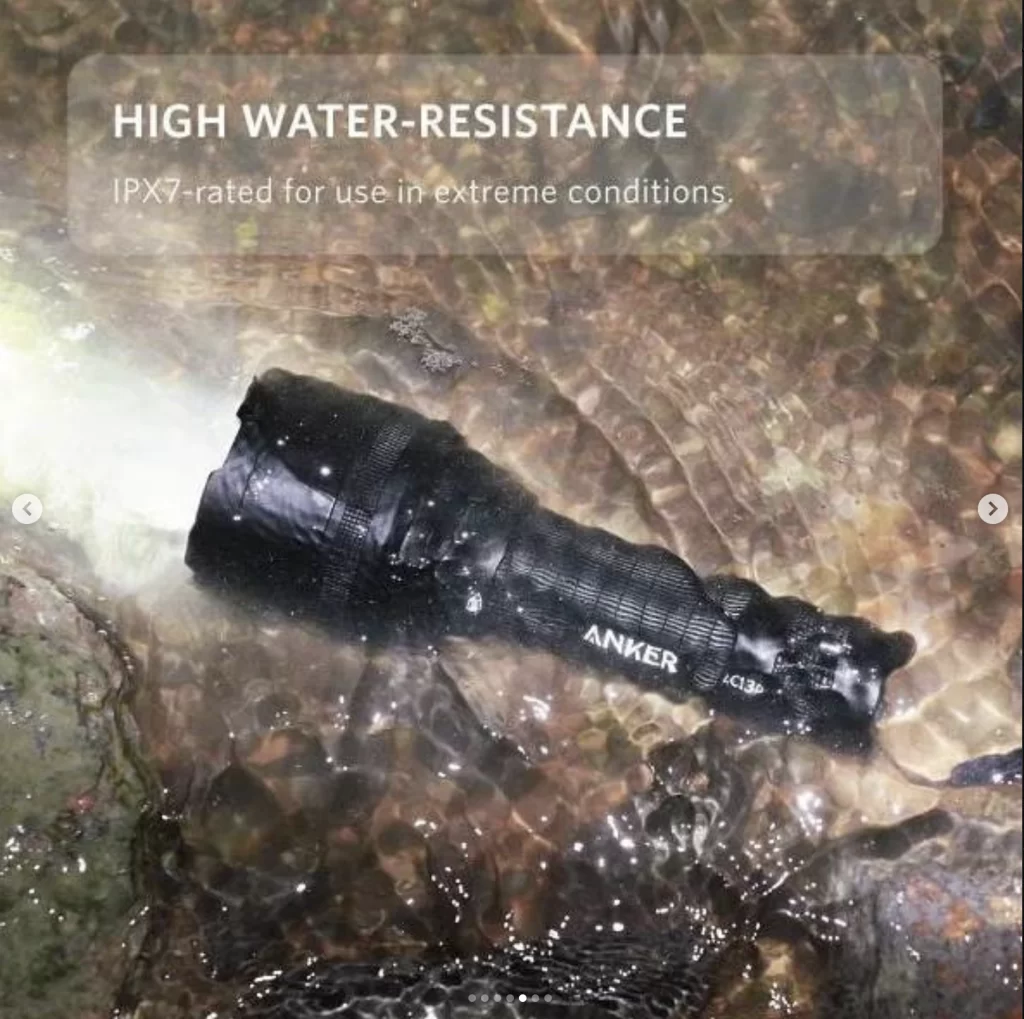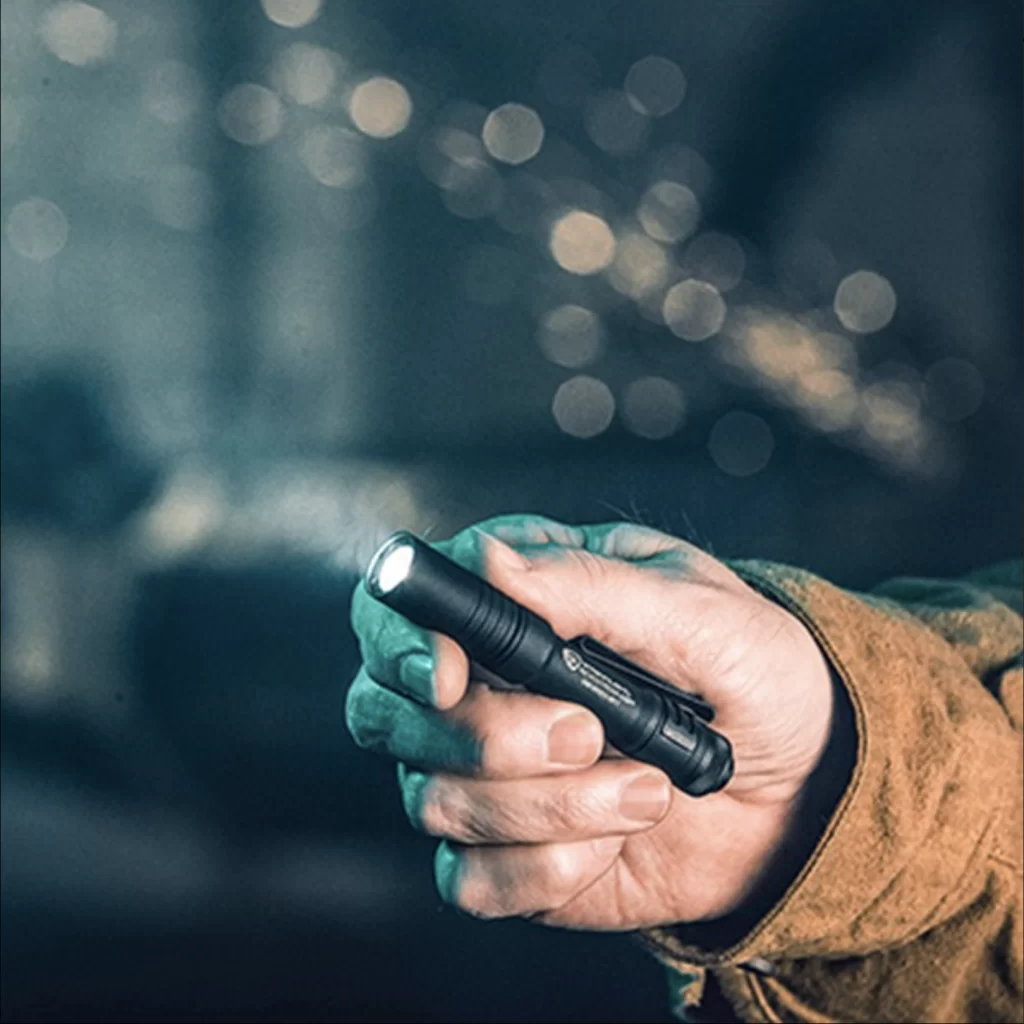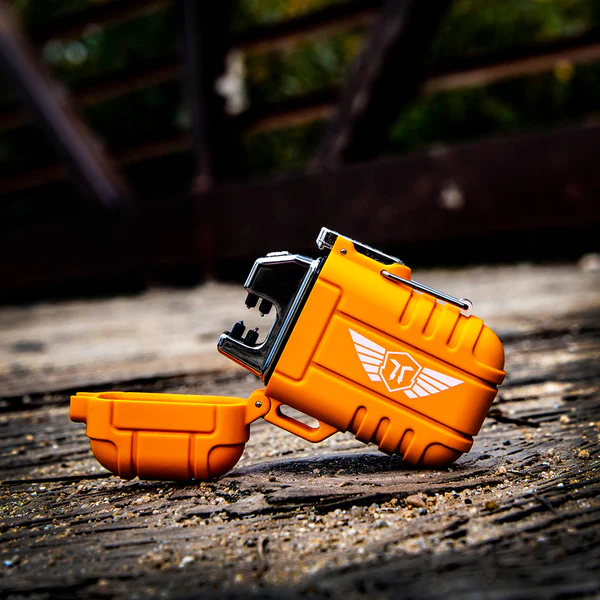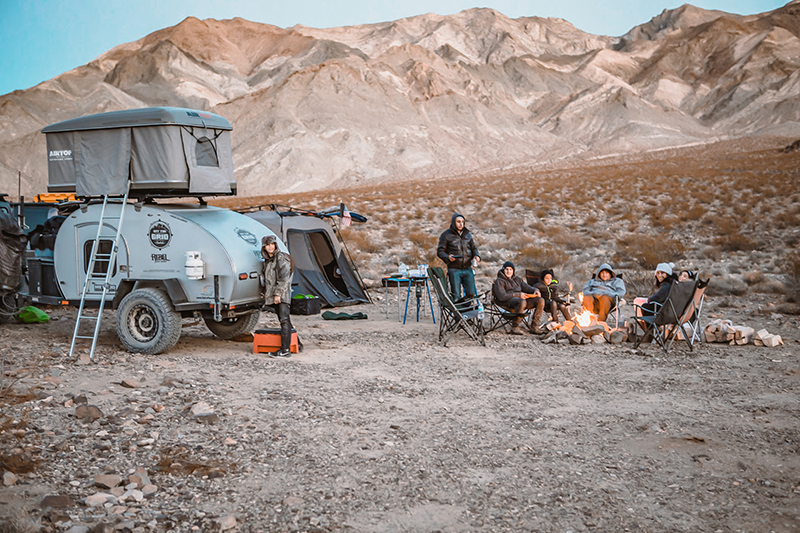
Leave No Trace: Sustaining Our Habitat for Future Generations
Plan Ahead!
Knowing your plan, with all elements considered, is the best way to avoid harming the land. When things don’t go according to plan, resources of the environment can be used & compromised by individuals. This is harmful because there is no replacement for what people take from the land. Consider the weather, terrain, and your group size when you’re preparing. It is beneficial for the safety of campers as well as the condition of the environment to plan ahead and bring all your supplies.
Camp Durably!
Elements of nature are harmed when humans trample on fragile grounds. Only camp
& travel on durable surfaces! The goal of your adventure is to travel through land without harming the environment. Traveling solely on trails will help avoid damage to the land you’re exploring. When scouting your next spot, look for rocks, soil, and sand. These surfaces are durable and safe for you as well as the vegetation on the land.
Dispose Responsibly!
Littering is the most common issue with all environments. Trash is incredibly harmful to wildlife and vegetation because animals can pick up what you leave behind. Any trash should be packed up with you when you leave. Place hygiene products in a plastic bag, use household white trash bags for your regular disposable items, and only dump waste water on land 200+ feet away from any natural body of water. Keep the environment clean by disposing of all your different waste responsibly!
Leave what is Found!
You’ll experience great sights out adventuring, but we want them to be there for the next person. The goal is to leave the land just as, or better than you found it. It is unsustainable to take natural ‘souvenirs’ from your trip, alter the landscape, damage tree trunks, or pick plants in the wild. If you didn’t bring it, don’t take it home!
Campfire Caution!
Fire safety holds a lot of importance for campers. The natural landscape has been negatively affected by campfires and their overuse. It is typical for travelers to set up a fire for warmth and cooking, but doing so the correct way protects you and the environment. One great alternative is utilizing a camp stove for your cooking and warmth needs. This makes clean up easy and avoids the hassle of firewood altogether.
Share the Habitat!
Avoid disturbing wildlife and plants when you’re out exploring! Observe animals at a distance that is safe for you, and keeps them from feeling threatened. Unless you have encountered a bear, in which case making noise will protect you from the species, attempt to travel quietly around wildlife and don’t feed any animals. Additionally, it is possible that wild species are carrying diseases or rabies, it’s beneficial for all parties to keep a distance!
Your Fellow Campers!
Everyone wants to share the experience of adventuring, so be respectful when you encounter other groups. Keep in mind how your actions are affecting the experience of others. Stay to the right on trails and allow others to pass if necessary. Pick up after yourself so others can enjoy their stay just as you did!





